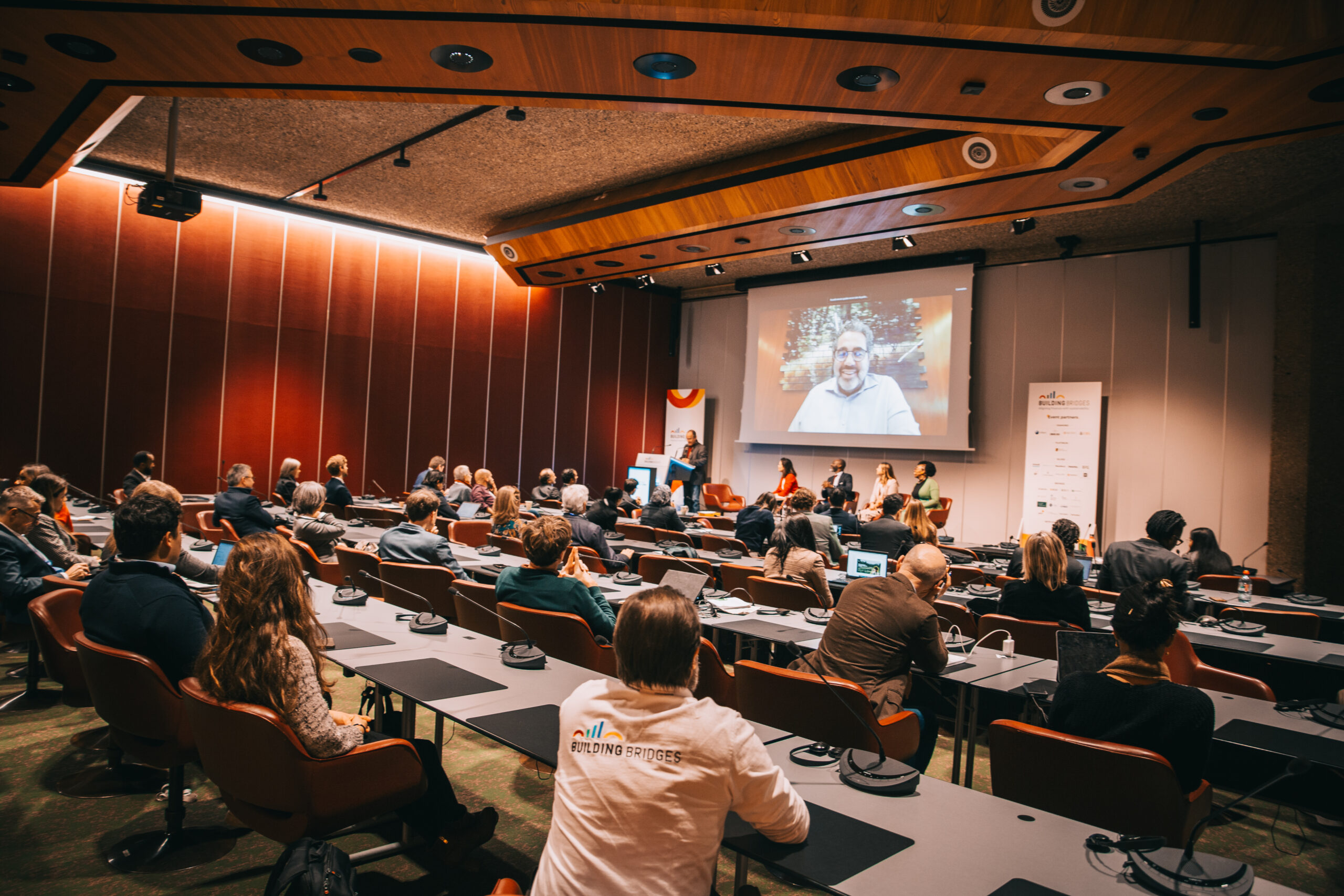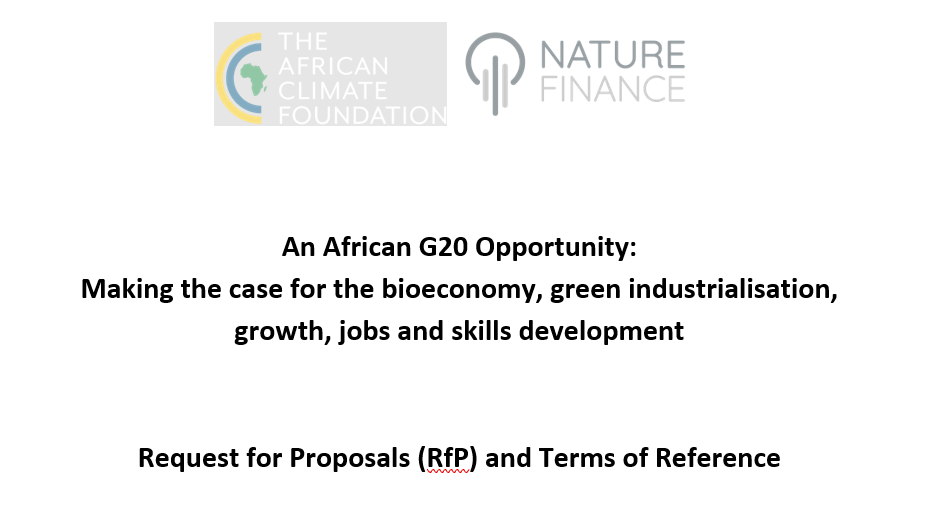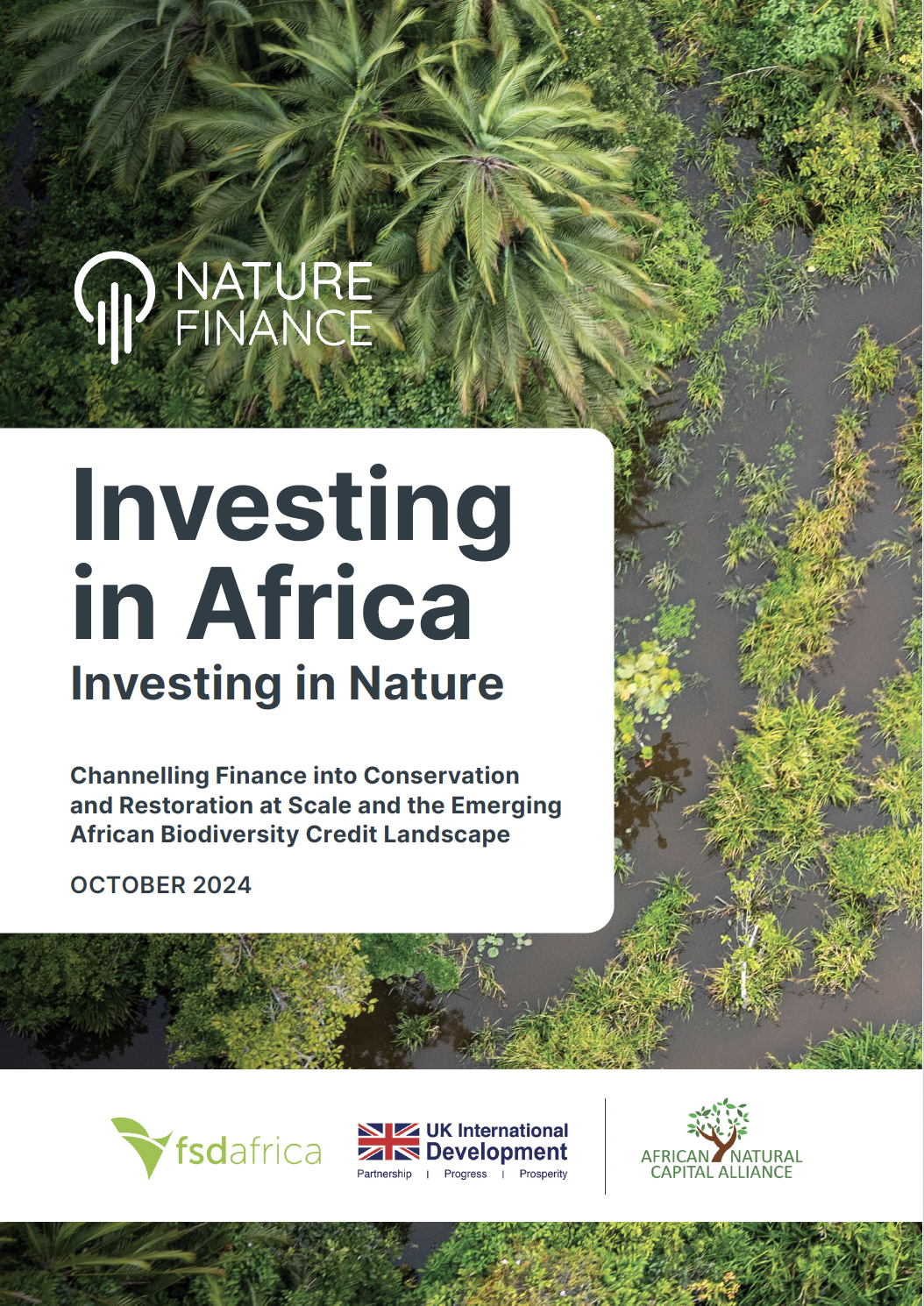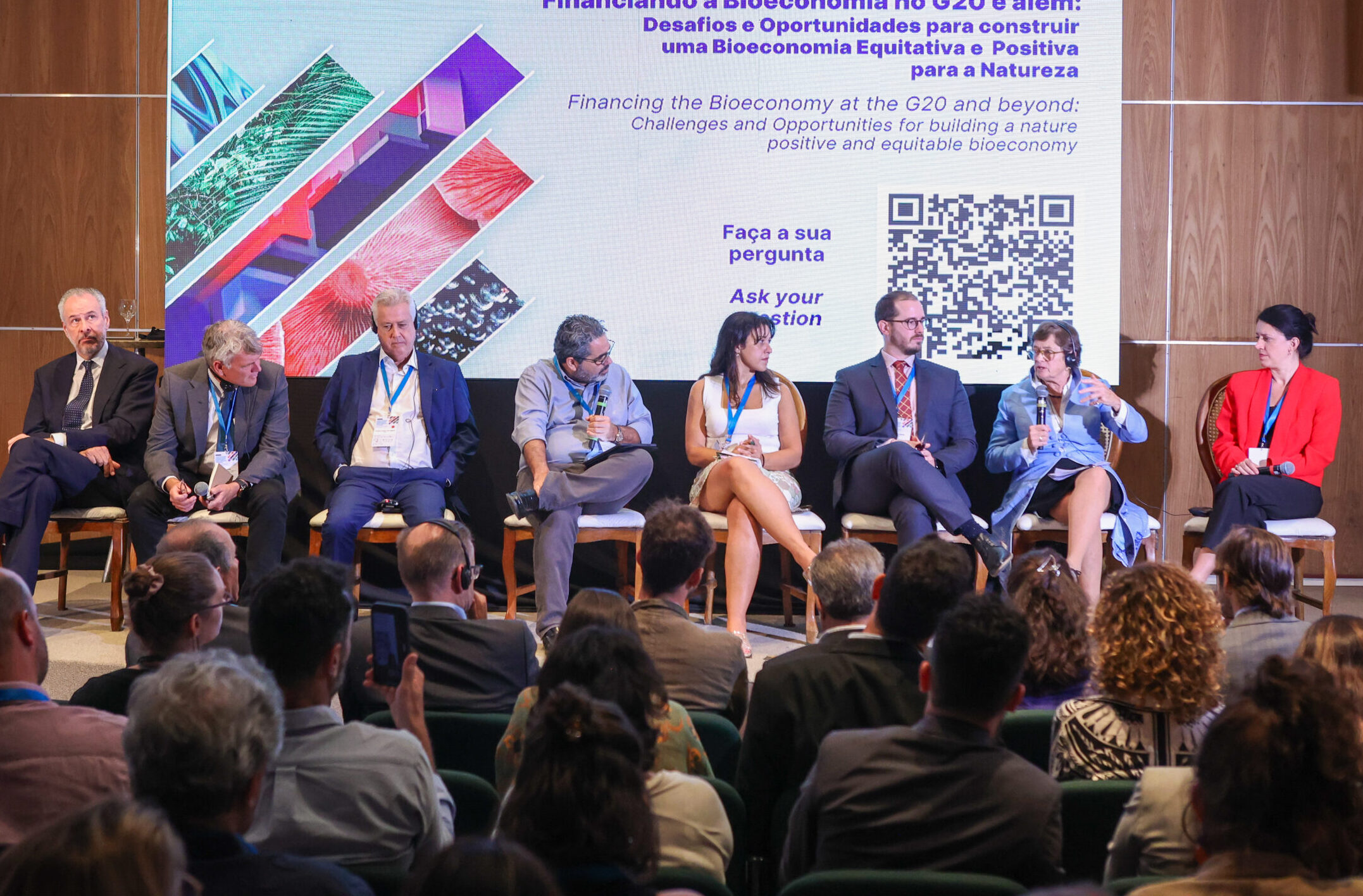New study published by Finance for Biodiversity with support from Vivid Economics and Basic Roots Consulting, shows potential $800 billion cost to society from endangering vulnerable ecosystems
- A global study of Public Development Banks (PDBs), such as World Bank, Asian Development Bank, and China Development Bank, estimates that potential damage to nature from development bank activities could cost society $800bn annually, equivalent to 7¢ for every dollar invested.
- Research by Finance for Biodiversity (F4B) warns that development bank investments are also highly dependent on water, soil, pollination and other ecosystem services. It finds that 40% of PDBs’ total assets ($4.6 trillion) are exposed to nature-related risks through their high dependence on vulnerable nature.
- NatureFinance calls on PDBs to publish a whole balance sheet stress test of nature-related financial risks and impacts.

A new report from NatureFinance (formerly known as Finance for Biodiversity (F4B)) estimates that the value of the potential damage to nature from lending activities by public development banks (PDBs) worldwide is around $800bn annually. This ‘nature at risk’ value equates to 7¢ for every dollar invested and represents the potential economic costs of PDB investments which are carried out without effective measures to mitigate harm. This harm could undermine natural assets that economies around the world depend on, in spite of the mission of public development banks to support sustainable development.
Today’s research, supported with analysis from Basic Roots and Vivid Economics, also finds that public development banks – of which there are more than 450 globally – are exposing themselves to huge nature-related ‘dependency risk’. More than 40% of the total $11.6 trillion assets across PDBs is highly dependent on vulnerable ecosystems. Dependency risk refers to the extent that the financing activities of PDBs are highly dependent on nature which is already vulnerable – such as fishers relying on declining stocks of fish – and hence reflects considerable long-term financial risks to PDB balance sheets.
While development banks do employ certain environmental safeguards, the report argues that these are not enough. PDBs need to better understand and systematically manage nature-related risks. The report urges every PDB to publish, within the next twelve months, a whole balance sheet stress test of nature-related financial risks and impacts.
The report – Aligning Development Finance with Nature’s Needs: Estimating the nature-related risks of development bank investments – is launched ahead of the second Finance in Common Summit, where public development banks will convene to reiterate and reinforce their commitments in support of common actions for climate, nature and sustainable development.
Momentum is growing around PDB disclosure and transparency, demonstrated by yesterday’s announcement from the French Development Agency (AFD), that it will convene and lead a ‘Development Finance Hub’ as part of the broader network supporting the Taskforce on Nature-related Financial Disclosures (TNFD).
Almost all public development banks are accountable to one or more governments, and a companion paper also published by F4B today provides data on the shareholding of 28 of the largest development banks. The paper, titled Aligning Development Finance with Nature’s Needs: The role of government shareholders of development banks, shows how G20 countries’ collective stakes in 28 development banks are worth nearly $7 trillion. G20 countries also collectively have the majority of board votes in seven out of the eight largest multilateral development banks.
G7 country governments are especially influential shareholders in development banks. G7 members collectively hold 42.6% of the shares of the World Bank, 56.5% of the shares of the European Bank for Reconstruction and Development (EBRD), and 46.8% of the shares of Asian Development Bank. Through representatives on the boards of DFIs, these shareholder governments can demand nature-related stress tests, nature positive investment portfolios, and better management of nature-related risks.
“These publicly-owned banks should be fulfilling their mandate to foster development in a way that protects the environment. But without adequate measurement and reporting of biodiversity risks, how can their shareholder governments or their citizens know that development banks are not damaging the biodiversity and other natural resources that they committed to protect?
“Many development banks have been slow to assess nature-related risks, citing a lack of data around biodiversity and nature. Our published methodology shows that any financial institution can make a credible, first-pass, biodiversity-related stress test of its balance sheet.
“G7 governments have recently said they will ask development banks to ‘embed nature into their analysis, policy dialogue and operations’. G7 members also collectively hold between 40-55% of the shares of the seven largest multilateral development banks (MDBs). It’s now time for these governments to use their influence and powers to ensure nature is considered across the work of these development banks.
“These findings come at a critical time, given the ‘code red’ for humanity issued by the recent IPCC report. But climate change and nature are two sides of the same coin – neglecting one means we cannot solve the other.” Jeremy Eppel, F4B Ambassador
“We welcome F4B’s work on developing a methodology to assess nature-related risks for development banks. F4B’s overall finding, that 40% of the value of investments is dependent on nature, aligns with a similar finding from Banque de France, which found that 42% of the value of securities held by French financial institutions comes from issuers that are highly or very highly dependent on one or more ecosystem services. AFD is committed to integrating biodiversity across its entire operations, and to devoting 30% of its climate funding to benefit biodiversity directly, reaching €1 billion by 2025.” Gilles Kleitz, Director of the Department of Ecological Transitions and Natural Resources, AFD
“As a Multilateral Development Bank (MDB) promoting environmentally sound and sustainable development in all its activities, we welcome the development of new risk measurement approaches for biodiversity. Together with other MDBs, we are actively developing new tools to help public and private sector clients better value, sustainably manage, protect, and restore nature and its natural assets.” Adonai Herrera-Martinez, Director, Environmental Funds, European Bank for Reconstruction and Development (EBRD)








